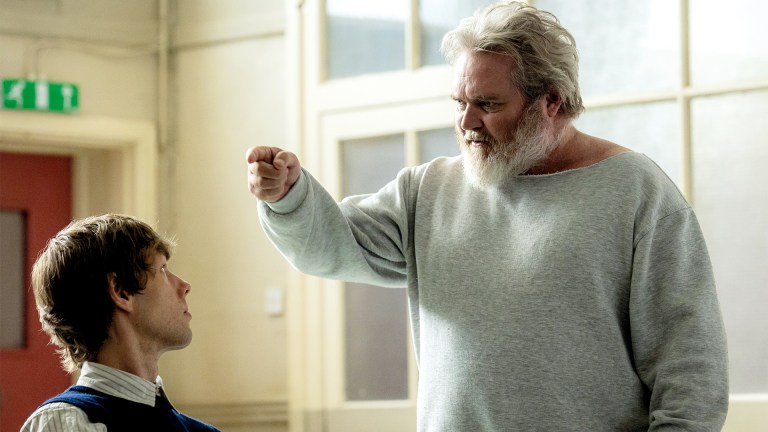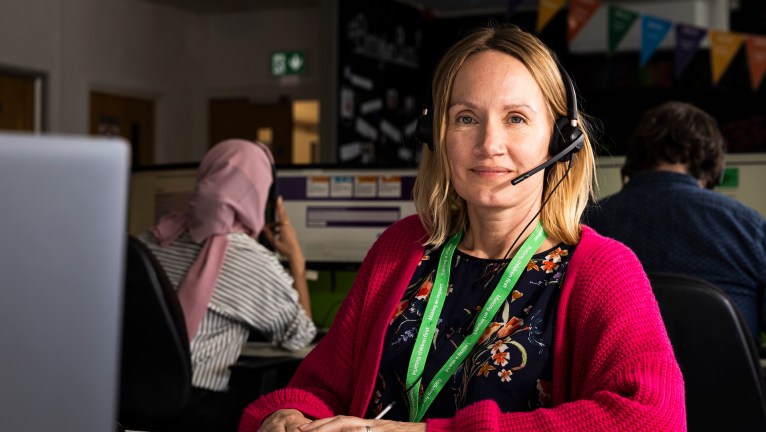Last week Scottish musician Scott Hutchison died. He was 36. He had gone missing in the early hours of Wednesday from a hotel outside Edinburgh. His body was found on Thursday. Scott had left several concerning tweets on Tuesday, his final one saying simply “I’m away now. Thanks.”
Scott suffered mental health problems in the past but this disappearance was so worrying that his family made increasingly desperate pleas to him to return. Devastatingly for them, it was too late.
I’m away now. Thanks.
— Scott Hutchison (@owljohn) May 8, 2018
Some of the songs Scott wrote for his band Frightened Rabbit dealt with isolation, fear and depression. His fans are clear how the music had helped them.
The news of his death hit a lot of people hard. I didn’t know Scott, but I know a number of people who did. They speak of a good man, a good friend. Their grief is tangible. It is a desperately sad situation.
This came in the same week as a character called Aidan Connor took his own life in Coronation Street. It was a storyline, featuring Shayne Ward, that received plaudits for its handling of a situation that is a national crisis.






